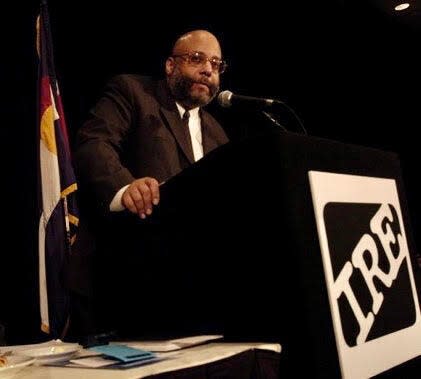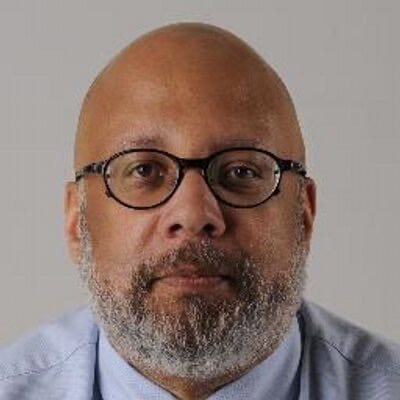Mark J. Rochester will lead the Sarasota Herald-Tribune newsroom as the paper’s executive editor. He has more than 35 years of experience in the news industry mostly in senior management positions.
The world needs more skilled investigative editors. That’s the driving force behind a groundbreaking new program the Herald-Tribune has been a part of developing for the last year.
Working with the Walter Cronkite School of Journalism at Arizona State University (ASU), and in partnership with the international journalism organization Investigative Reporters and Editors (IRE), myself and other veteran investigative editors have been developing a curriculum to train the next generation of investigative editors.
This online certificate program in investigative editing offers a unique opportunity for journalists to hone their skills in this critical area.
“High-quality editors are crucial to producing high-quality journalism,” emphasizes Diana Fuentes, IRE Executive Director. “This program offers training in watchdog journalism that can make significant changes in your community.”
Designed for editors, aspiring editors, and any journalist seeking to sharpen their investigative acumen, the program boasts 12 self-paced online modules. Led by renowned faculty from ASU’s Cronkite School of Journalism and its Howard Center for Investigative Journalism – all IRE members themselves – the curriculum delves into the essential aspects of investigative editing.
From refining investigative ideas to managing the stresses of complex projects, participants will gain invaluable insights and practical skills. “The contraction of the industry has led to a decline in skilled investigative editors at a time of great need,” says Maud Beelman, the curriculum’s creator and a longtime IRE member. “The world needs these journalists now more than ever.”
This program addresses a critical gap in the industry. It’s no secret that newsrooms lack diversity among managers. “Time and time again, employees say that training makes them feel valued,” Fuentes points out. “This program can make a real difference.”
The curriculum covers a wide range of topics crucial to high-quality investigative work, including:
-
The Art of the Investigative Interview: Mastering the art of eliciting crucial information.
-
Organizing, Outlining, and Writing/Scripting the Story: Transforming raw information into compelling narratives.
-
Building a Diverse Team: Fostering inclusive and effective investigative collaborations.
-
The Power of a Multimedia Mindset: Utilizing various storytelling formats to maximize impact.
-
Managing for Resilience: Addressing the challenges and emotional toll of investigative work.
-
Buttoning Up: Fact Checking and Legal Review: Ensuring accuracy and mitigating legal risks.
Each module offers flexibility, allowing participants to learn at their own pace. Live Zoom sessions conclude each module, providing opportunities for interaction with trainers and fellow participants.
This program is not just about acquiring knowledge; it’s about achieving tangible results. Successful participants will receive an IRE-approved certificate, enhancing their professional credentials and career prospects. Alternatively, individuals can enroll in individual modules to focus on specific areas of interest and earn a badge of completion.

Mark J. Rochester, now the executive editor of the Herald-Tribune, addresses the crowd at an Investigative Reporters & Editors conference in Denver in 2005.
IRE is a grassroots organization with more than 5,000 members in 70 countries, whose aim is to improve investigative journalism. I was a member of the board of directors for the organization for several years and was very pleased when its leadership agreed to join this effort.
The development of this program has been a passion project for us for the last year or so. I’ve been particularly proud to have been a part of it as the executive editor of the Herald-Tribune as a further demonstration of our commitment to investigative journalism and doing whatever we can to help make this community a better place to live. By investing in the development of skilled investigative editors, this program aims to strengthen the foundations of watchdog journalism and ensure that crucial stories continue to see the light of day.
Mark J. Rochester
Executive Editor
Sarasota Herald-Tribune
mrochester@gannett.com
Mark J. Rochester previously was managing editor of inewsource, a nonprofit investigative newsroom in San Diego. He was twice elected to the national board of directors of Investigative Reporters & Editors Inc. – an international association of journalists dedicated to improving investigative journalism – and served as its vice president.
This article originally appeared on Sarasota Herald-Tribune: New investigative program addresses a critical gap in the industry.
Read the full article here


